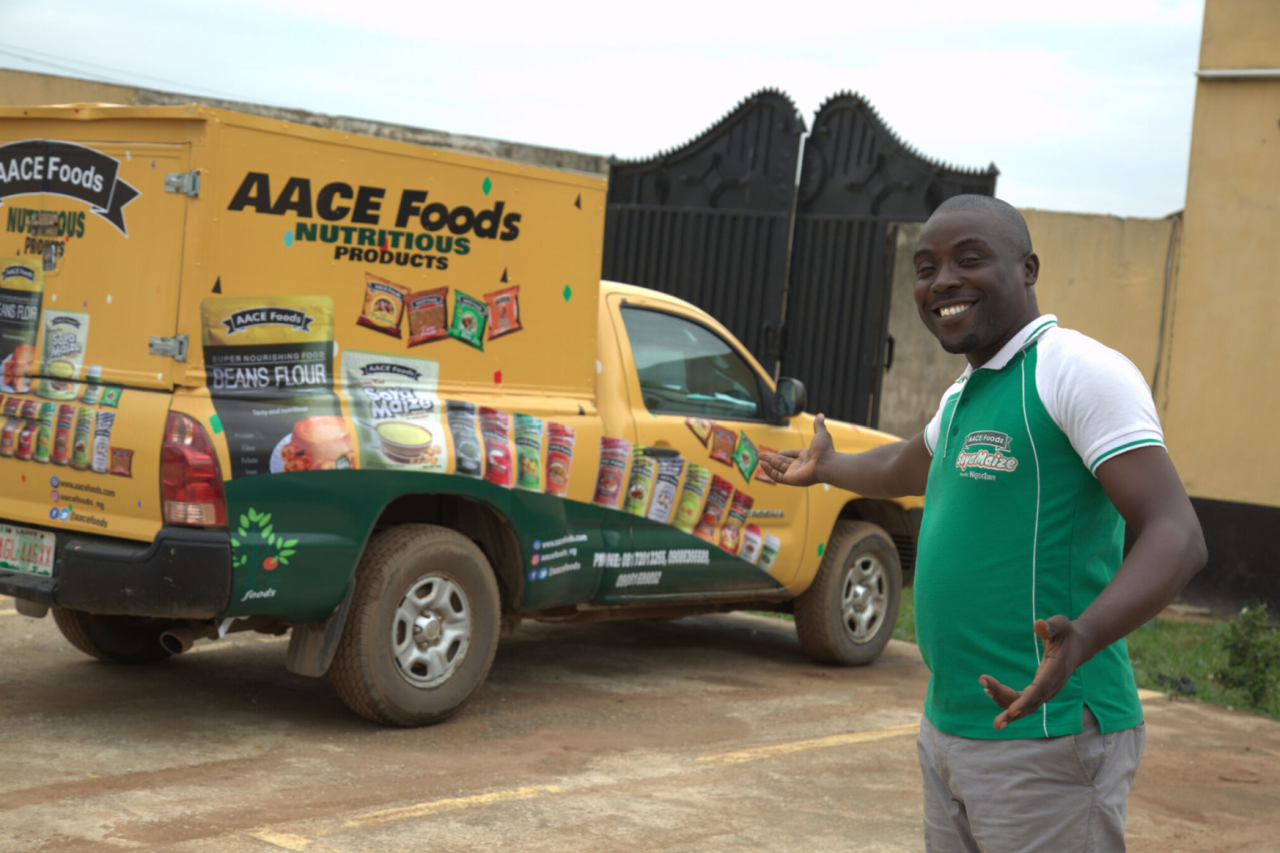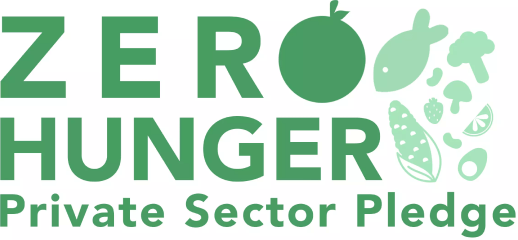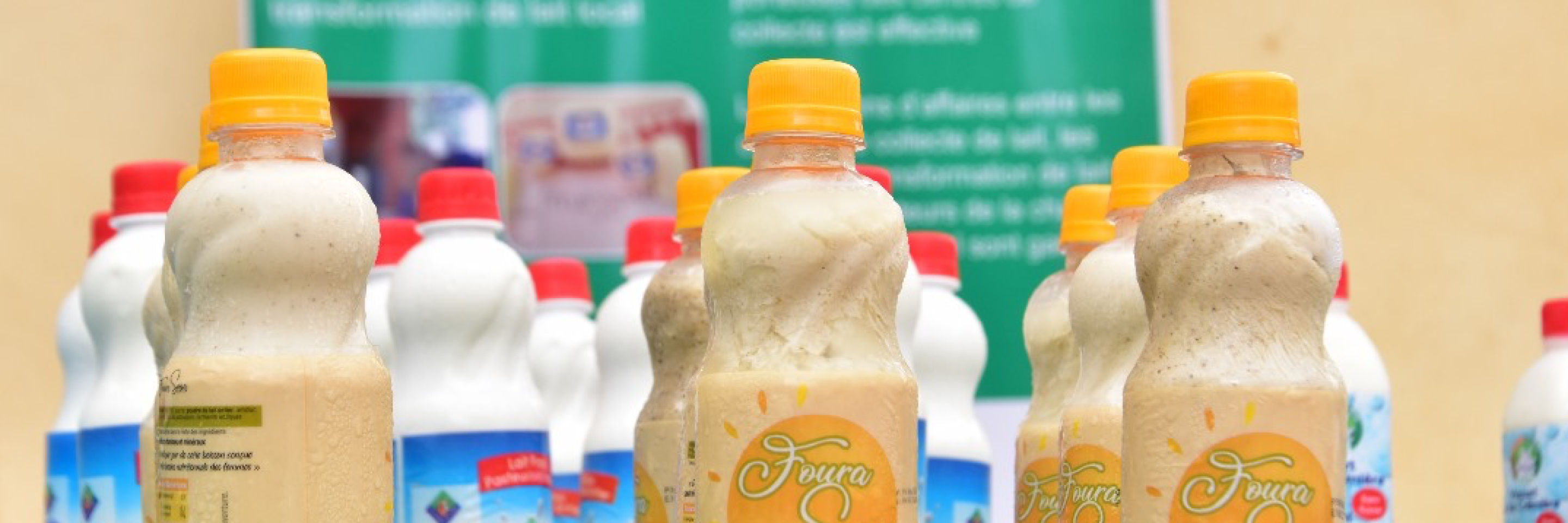
Zero Hunger Pledge expands geographic footprint with seven new commitments from African SMEs
African companies are tackling hunger and malnutrition. Over the past few months, seven companies joined the Zero Hunger Pledge, committing over USD 500,000 in innovative, locally driven solutions. They have also extended the Pledge’s reach to two new countries: Niger and Burundi.
These new pledges demonstrate how local businesses are stepping up with investments that address hunger and malnutrition in their communities. Their contributions expand the Pledge's impact geographical footprint and highlight that the private sector is not just a partner but a driving force in transforming local food systems.
Welcoming the new pledges
La Laitière du Sahel, based in Niger, joined the Pledge with a commitment of USD 170,000 to produce fortified flours using local cereals. It aims to combat micronutrient deficiencies among vulnerable groups, particularly children and pregnant women. The company is known for its high-quality yogurts and natural fruit juices, as well as its emphasis on health and quality.
In explaining the importance of fighting malnutrition, the Director of La Laitière du Sahel, Maimouna Male, explains: “In Niger, chronic and acute malnutrition rates are particularly high among children and pregnant women. Thus, the problem of micronutrient deficiencies (iron, zinc, vitamin A, folic acid...) can be solved by consuming fortified flours.”
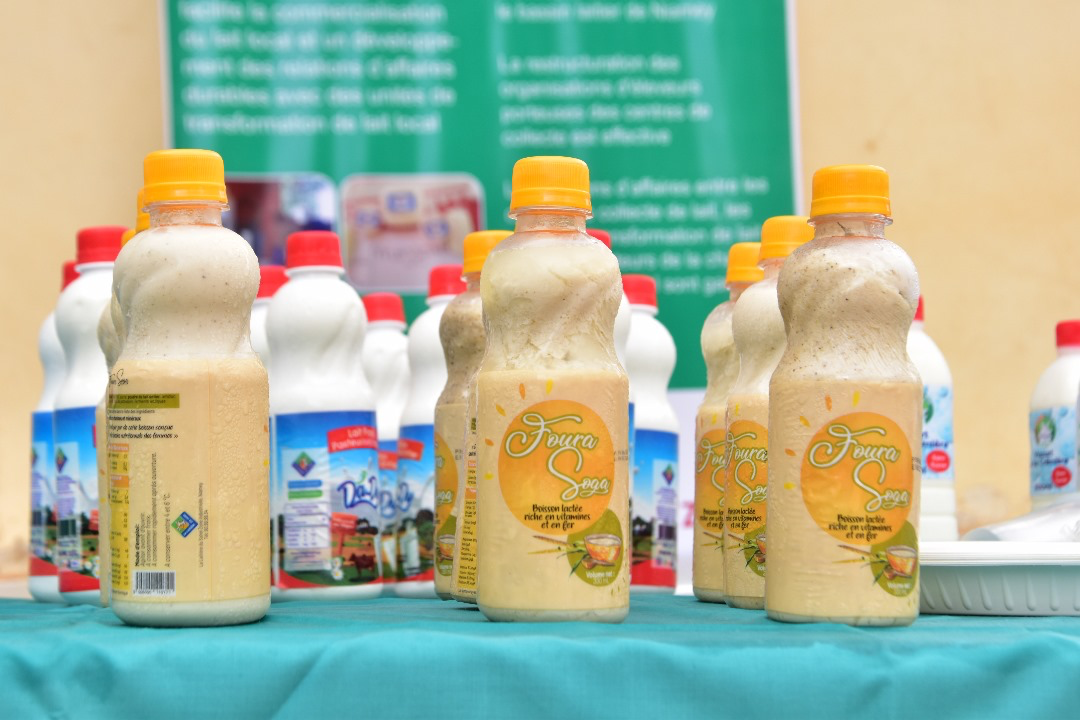
Burundi marks another new frontier for the Pledge. The Center of Business Management Studies has committed USD 2,100 to strengthen the capacity of local producers and SMEs. Focusing on inclusive finance and sustainable development, the Center supports rural SMEs, agro-pastoral cooperatives, and women entrepreneurs through training and technical assistance.
As notes its CEO, Egide Niyonsaba, “I am committed to joining the Zero Hunger Pledge to contribute to the reduction of hunger and poverty. Through its work, the Center has fostered the design and launch of microfinance companies, agricultural cooperatives and SMEs by supporting their professionalism and development.”
Also from Burundi, Agro-Pastoral Multi-Services Enterprise brings another pledge of USD 7,400 to address egg and meat shortages, malnutrition, unemployment, and consumer poverty. The startup seeks to increase the production of potatoes, corn, sunflowers, pork, and poultry.
According to the founder, the company joined the Zero Hunger Pledge given the shared vision to fight hunger, connect with global stakeholders and contribute to community development.
Société SOMMAC is the first company from the Democratic Republic of Congo to join the Zero Hunger Pledge. Working with over 60 farming cooperatives, Société SOMMAC focuses on producing locally sourced nutritional supplements, improving livestock feed, and promoting rural employment. It has committed USD 250,000 to scale up agricultural interventions and innovations to support sustainable practices.
As stated its CEO, Dieudonné Keba: “We are pleased to join the initiative alongside other stakeholders fighting against hunger and to contribute to solving this issue.”
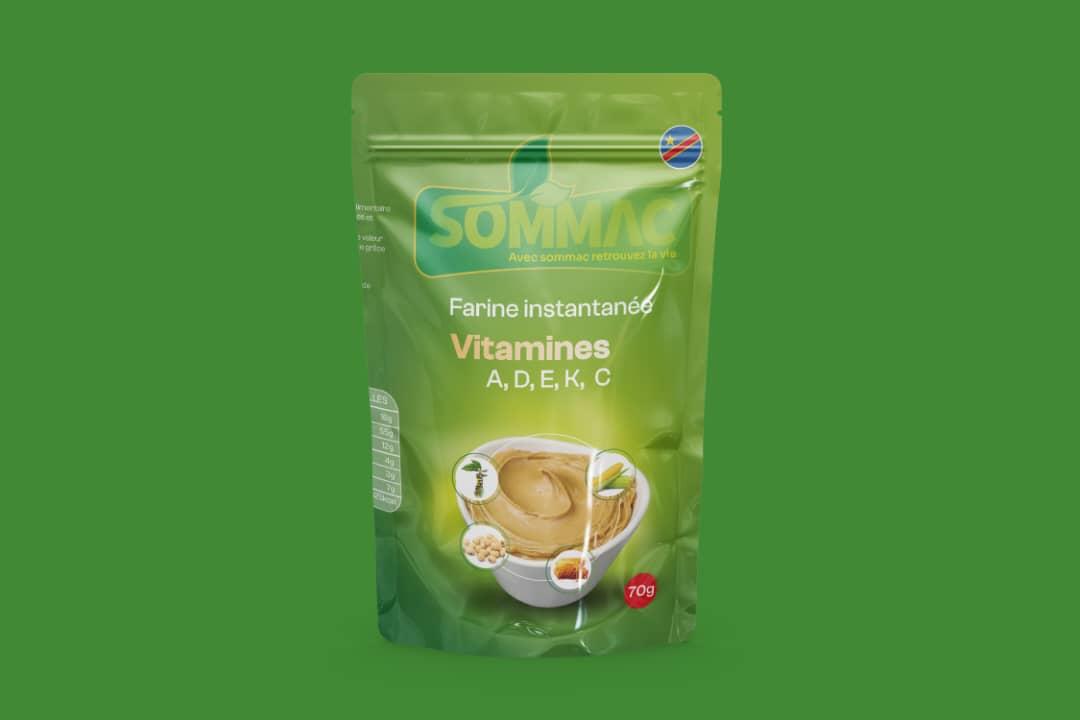
From Rwanda, Muhirwa Potato Seed Ltd has committed USD 17,000 to enhance sustainable agricultural practices by producing disease-free minitubers and reliable seed supply chains. The company aims to empower farmers and nourish communities through improved seed quality.
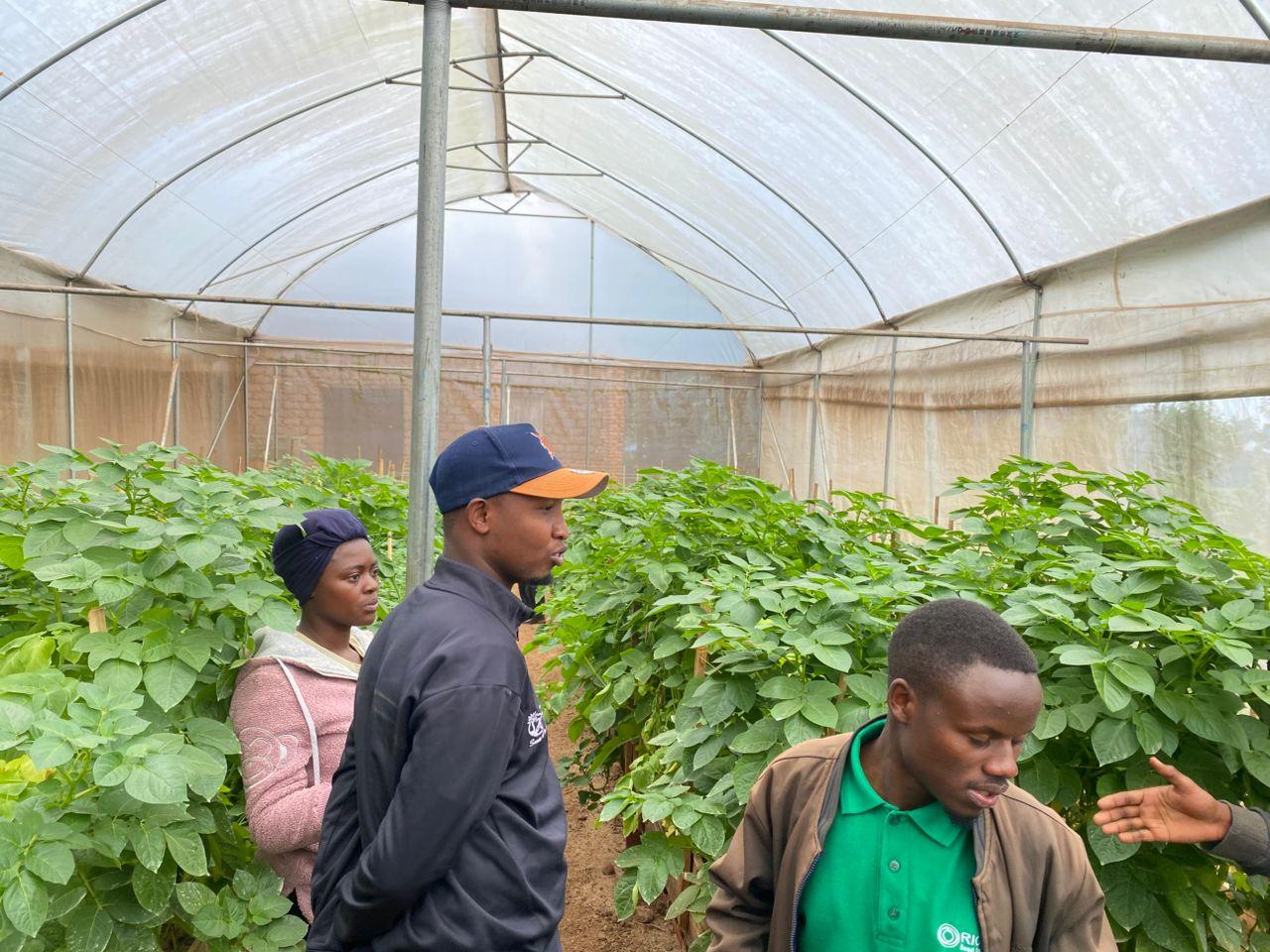
Planetarium Institute in Malawi has pledged USD 36,000 to provide business development services and capacity-building programmes to agribusiness SMEs. Their commitment aims at enhancing food safety, market access, and innovative technologies while fostering policy advocacy and stakeholder engagement to create enabling environments for SMEs.
Its Director, Charles Henry Nyekanyeka stated:“Planetarium Institute's participation in the Pledge aligns with our mission to support agribusiness SMEs, promote food security, nutrition and sustainable food systems, while catalysing innovative and impactful business models that benefit society and their business interests.”
AACE Foods Processing and Distribution, a Nigerian agro-processing company with products ranging from spices (chili, ginger, turmeric) to soy‑maize spreads — sources its ingredients from over 10,000 smallholder farmers in Nigeria and West Africa. It has committed USD 17,399 toward training farmers in innovative and sustainable agricultural practices, including how to reduce post-harvest losses.
